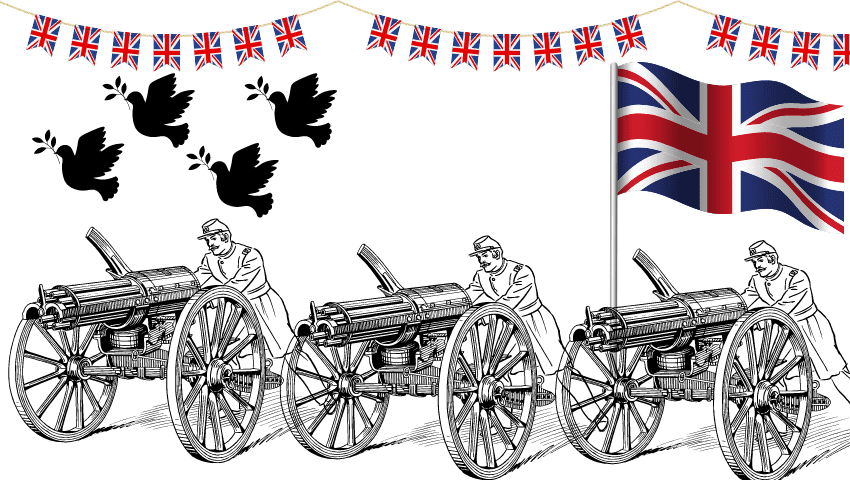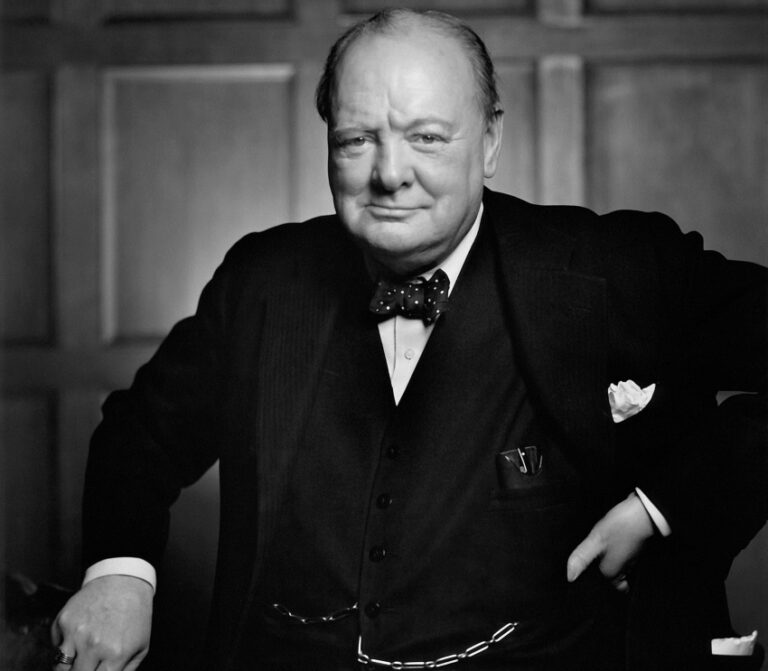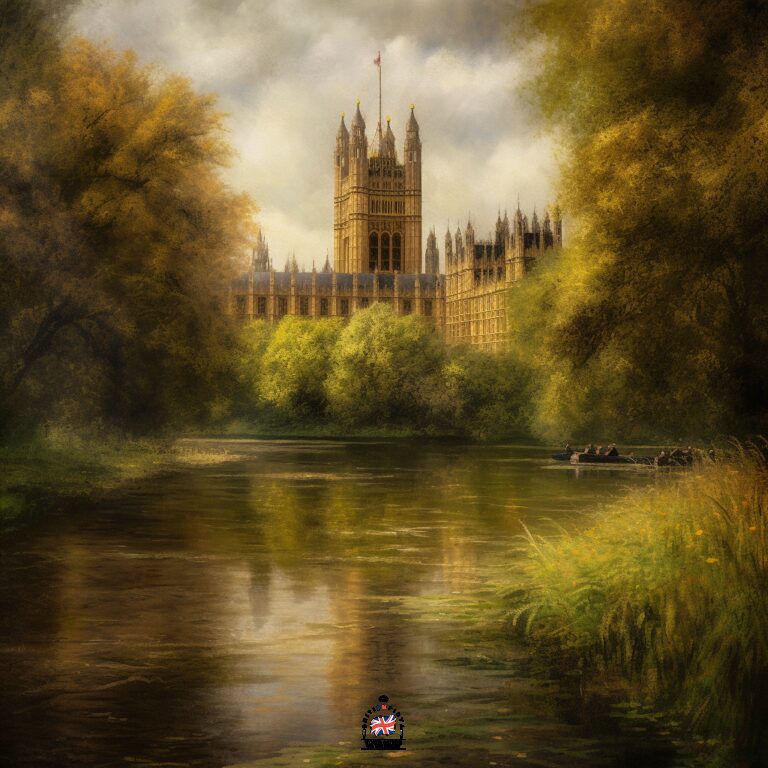The UK in WW 1…Your Full Guide 2023
The Strategy and the Contribution of the UK in WW 1
In addition to the British Army, the UK also relied on its navy to play a crucial role in the war. The Royal Navy was responsible for protecting British and Allied shipping from German submarines, and it played a key role in the naval blockade of Germany. The Royal Navy was also involved in a number of major naval battles, including the Battle of Jutland.
The UK made significant contributions to the Allied war effort through its industrial and economic strength. The country produced a large number of weapons and other supplies for the Allies, and it provided financial and material support to the other Allied powers.
During the War
At that time, the UK was led by Prime Minister Herbert Henry Asquith and Foreign Secretary Edward Grey during the early years of the war. In 1916, Asquith was replaced by David Lloyd George, who would lead the UK for the remainder of the conflict.
Moreover, the UK was also part of the Triple Entente, a group of allied powers that also included France and Russia. The UK had a long-standing alliance with France and a more recent alliance with Russia, which had been formed in 1907.
The UK was initially hesitant to become involved in the war, and it tried to mediate a peaceful settlement between the conflicting powers. However, after Germany invaded Belgium, the UK felt it had no choice but to declare war.
During the war period, the UK’s biggest role was significant including giving contributions to the Allied war effort in a number of areas. It provided troops, weapons, and other supplies to the Allies, and it supported the naval blockade of Germany. The UK also provided financial and material support to the other Allied powers.
The UK’s Navy was concerned about the potential threat posed by a victorious Germany, which could have disrupted the balance of power in Europe, that’s why they hold the most valuable role in the war.
They also mobilized over 8 million soldiers during the course of the war, with many of them coming from the British Empire and its colonies. The British Army included soldiers from a wide range of backgrounds and nationalities, including India, Australia, Canada, and New Zealand.
The UK faced significant challenges on the battlefield, including the use of new and deadly weapons such as poison gas, machine guns, and tanks. The British Army also had to contend with the formidable German military, which was well-trained and equipped.







